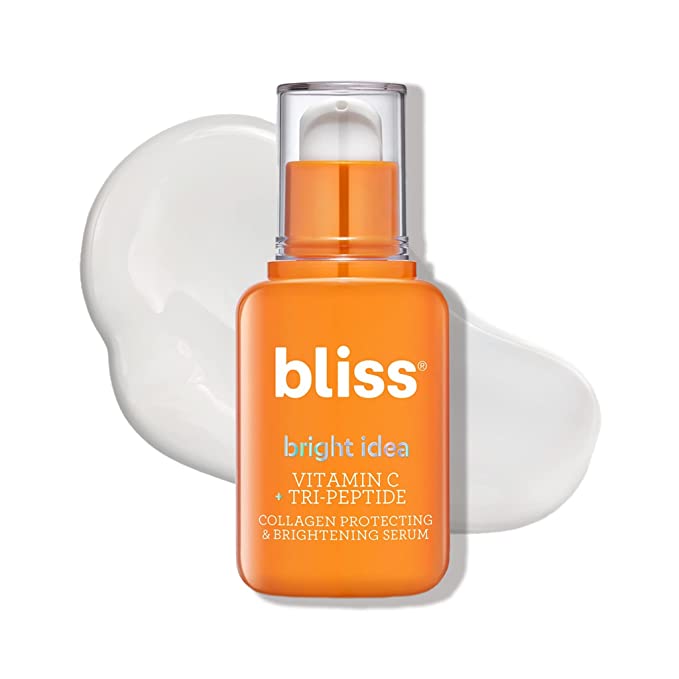Skincare is a multi-billion-dollar industry, with countless products claiming to work wonders for your skin. But amid all the marketing hype, it’s important to separate fact from fiction and understand the science behind effective skincare. In this blog post, we will delve into what truly works and what doesn’t when it comes to skincare, based on scientific research and evidence. Read More
Understanding Your Skin: Before exploring skincare products, it’s essential to understand your skin type and its specific needs. Skin types can vary from dry to oily, sensitive to combination, and each requires tailored care. Consulting with a dermatologist can help you determine your skin type and address any underlying concerns.
Effective Skincare Ingredients:
- Retinoids: Backed by extensive research, retinoids are proven to stimulate collagen production, reduce wrinkles, and improve skin texture. They are highly effective for addressing signs of aging.
- Vitamin C: A powerful antioxidant, vitamin C helps brighten the skin, fade hyperpigmentation, and protect against sun damage. Look for stable forms of vitamin C, such as L-ascorbic acid, in skincare products.
- Hyaluronic Acid: Known for its excellent hydrating properties, hyaluronic acid attracts and retains moisture in the skin, improving its plumpness and elasticity.
- Peptides: These small protein fragments can help boost collagen production, firm the skin, and reduce the appearance of fine lines and wrinkles.
- Niacinamide: This versatile ingredient regulates sebum production, minimizes pore size, and improves overall skin tone, making it suitable for various skin types.
Myth vs. Reality:
- Natural Ingredients: While natural ingredients can have beneficial properties, not all are scientifically proven to work as effectively as their synthetic counterparts. It’s essential to look for products with evidence-backed ingredients, regardless of whether they are natural or synthetic.
- Miracle Cures: Be wary of products claiming to be miracle cures for all skin concerns. Skincare is a gradual process, and no single product can address all issues overnight. Look for well-researched ingredients and be patient with your skincare routine.
- DIY Skincare: DIY recipes can be fun and natural, but they may lack the necessary scientific formulation and stability required for optimal efficacy. It’s advisable to rely on trusted skincare products that have undergone rigorous testing.
The Importance of Sun Protection: Sun protection is a cornerstone of skincare. Applying broad-spectrum sunscreen with a high SPF daily is crucial for preventing sunburn, premature aging, and reducing the risk of skin cancer. Remember to reapply every few hours, especially when exposed to direct sunlight.
Consistency and Personalization: Consistency is key in skincare. Results may take time, and it’s important to give products a chance to work before expecting dramatic changes. Additionally, what works for someone else may not work for you. Personalize your skincare routine based on your skin type, concerns, and preferences.
Conclusion: When it comes to skincare, scientific research and evidence-based ingredients are your best allies. Understanding your skin type, incorporating effective ingredients like retinoids, vitamin C, and hyaluronic acid, and prioritizing sun protection are essential steps in achieving healthy and radiant skin. Be aware of skincare myths, practice consistency, and remember that personalized care is crucial for optimal results. Consult with a dermatologist for expert guidance tailored to your unique skincare needs.

